We chatted with Quarantine FM co-founder Kate McKeown about how to start something completely original, and navigate spectacular success from the comfort of your home – but not so much your comfort zone.
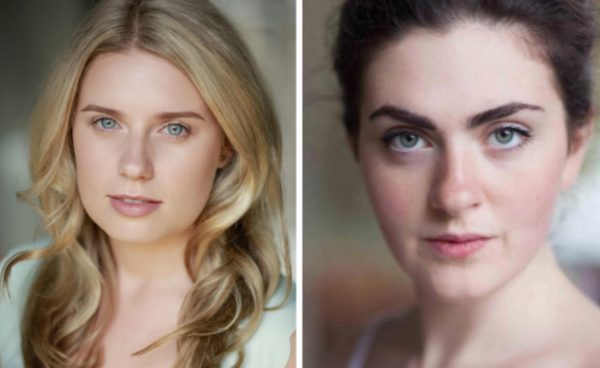
New projects. Like the sourdough starter sitting in the freezer, or the tax return waiting to be finished– lockdown, for better or worse, has given many of us a chance to do that thing we keep meaning to do. For some, it’s an opportunity for creative release, or to explore a different outlet for expression. For others, it’s a chance to fail at something without feeling the usual guilt for having wasted our time. But when London-based actor/singer Kate McKeown and Dublin-based broadcaster and DJ Anna-Rose Charleton decided to start Quarantine FM from their kitchen tables, they certainly weren’t expecting it to become the fastest-growing online radio station in Ireland.
Four months later, with hundreds of interviews under their belt and nearly a thousand hours of airtime, Quarantine FM’s team of artists, presenters and producers is now fifty-strong, and growing. This week, FreeBird founder Emma Gaynor sat down to talk with Kate, about starting a project during a pandemic, the value of authentic and open conversations, and their shared love of Dolly Alderton.
I. WORKING FROM HOME
EG: You’ve created and managed Quarantine FM entirely from home, first in Ireland, and now in London — how has that been?
KM: I came back [to the UK] last Monday. Anna-Rose and I had been doing the radio station from Monday to Fridays, 9am to 9pm, twelve hours a day. I went to work in a hospital, because I had no money, so I’d work Monday to Friday 9am to 5pm and then I’d go straight home, go straight upstairs and then go to bed at like 11pm or 12am and just do radio stuff all evening. It’s intense, you just find yourself constantly consumed by it and you never have time to think about anything else, ‘cause you’re constantly like, ‘Oh, I should do this and this’.
EG: It’s high-pressure, isn’t it?
KM: Yeah, constantly – I always try to relate it back to your Leaving Cert or your A-Levels, where you sit down for a hot second to have a cup of tea, and you’re like, ‘Oh no but I still need to study!’. It’s that! When you’re doing something that you’re so passionate about as well– it’s nice to find something that we really, really liked, and what was important is that a lot of people were relying on us. Working from home, we were so lucky to be able to get so many people on the project because a lot of our presenters are from the UK, and they’re in London, and they had nothing to do, and they were sitting in their flat all day every day. So we were like, ‘Why don’t you do a show or two on our radio station?’, and that gave them at least a tiny bit of stability or security or schedule, even if it’s just once a day.
II. MANAGING PEOPLE
EG: You guys must have learnt so much about yourselves, running this and managing people, can we talk about that?
KM: Yeah, so Anna Rose and I, we have a show called ‘Dirty DMs’ and we did our first hour-long show last week, with a whole segment on the things we’ve learnt. I think it’s really interesting; we’ve learnt so much. Personally, I’ve done a business degree, and I’ve always just wanted to be an actor – that’s all I wanted to do. And I think with QFM, it definitely gave me more purpose, and I realised that I’m actually pretty good at managing and pretty good at organising, and it gave me a newfound fire for something else– which was really nice. Because I do say to people, if you can find anything else that you’d like to do, do that instead of acting, because acting is hard! […] At the moment there’s nothing [going on in theatre] anyway, so I’m gonna try and diversify my career.
Team managing has been huge. […] I’m lucky that I’m kind of a good team manager, I know that about myself– and we have to be able to take credit where credit’s due, you know. And managing people during COVID was really tricky, because everybody was in a completely different headspace.
Anna Rose and myself, […] to make sure that everybody was okay, we kind of became a lot of peoples’ shoulders to lean on – which was great, I’m never gonna complain about that. So we were really trying to make sure that, yes, we were absolutely hounding everybody all day everyday because it was so much work, but we did it in a way where we tried to be really sensitive towards people. A lot of people had a really tough time, we had to be very careful and really aware of that. Some people would call us and say, ‘look I can’t do a show this week, I just can’t.’ And we’d be like, ‘yeah, fine! If you’re having a bad time, absolutely fine, please let us know so that we can keep communicating.’
I think that was one of my big things, […] learning how to communicate with very, very sensitive people in a very, very sensitive time. Another [thing] I learnt was just saying ‘no’ and just being able to stop. I learnt that I could just Zoom someone for an hour […] instead of trekking an hour on the tube, or in the car, or whatever, to see someone for coffee. And I think a lot of people are finding that it’s important to have some space. Not that I’ve actually had any — but I realised that I need some. So that was good.
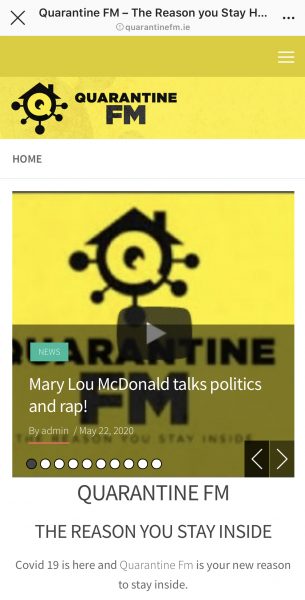
III. SUCCESS / GOALS
EG: You guys have achieved so much, and your programming has been absolutely amazing. What initial ideas did you set out to achieve, and do you have any other big goals you’re reaching for?
KM: We just set it up [thinking] it would be a two week project, and then it just, kind of, spiralled. So when it came to goals, we had to sit down at week five or six, and go, ‘Ok, you need to make a statement, you need to make a business plan, you need to sort out what’s going on here because whatever is happening, it’s a thing.’ We always say it was our little child that we birthed, and it just kept on running away from us, and we had to try and run after it!
That’s what QFM is. […] The idea was to get guests, have some great music, platform people and hear their stories. I’m all about stories, Anna Rose is all about stories– we just want to talk to people.
[…] We have dream guests; we have a few celebrity bookers and they work really hard in the background, trying to get people. […] We’ve got tiers, we’ve got our top five, and all of our presenters have got their own list. And we’ve achieved a lot of people’s dream guest, which is great. […] I want Dolly Alderton– I keep messaging her! She replies– she’s so lovely– saying, ‘I’m not doing any interviews’ and I’m like ‘When you do, please call me!’ and she’s like ‘Yes, ok!’ (laughs). So I’m working on getting people like Phoebe Waller Bridge for example […] I know we will [eventually], we’ll just have to be really, really annoying. I think that’s one thing that I’ve learned — I’m an incredibly annoying person when I want to be.
We’ve been really lucky to have had a lot of press, we were in the Economist, in loads of different newspapers […] It’s tricky because at the time where we launched I think it was perfect because there was no news. So we were news for everybody and we were in everything.
IV. HOME AWAY FROM HOME
EG: One other thing I love about Quarantine FM is, similar to my aspirations for FreeBird, just because it’s Irish, that doesn’t mean you have to be Irish to listen to it. […] I think it’s a really great opportunity to educate people about Ireland. I listened to Bridgie’s conversation with the producer of Fair City— which is such a huge national heritage. I think that’s brilliant, that you could have people listening in America, finding out about Fair City.
KM: Yeah, I’m so glad you said that! We set it up and we said this is actually brilliant because when I’m in London, I listen to the radio all the time. But there’s something about being Irish that means we just have to always be a little bit in touch with what’s going on there. […] And when you listen to QFM it’s so authentic, we’re authentically Irish and, you know, it’s not leprechauns, it’s not the gold at the end of the rainbow…
EG: –it’s good craic–
KM: We are! So part of the idea is, if you’re living abroad and you miss a bit of Ireland, just have a listen in. Because you’ll be like, ‘Oh that’s funny’ or ‘I remember that!’. Like, the other day one of our presenters played the most hilarious song I hadn’t listened to in ages, which was by ‘Six’.
EG: Oh yeah!
KM: I hadn’t heard that in years! […] Going forward we’re looking to broadcast in Dubai, Australia– places where a lot of Irish people our age have emigrated, so that they can keep in touch. […] People message us saying, ‘We’re living in X, Y and Z’.We’ve got people listening in Bulgaria, Austria– we’ve got a presenter living in Hawai’i at the moment, which is just jokes. I think the online aspect makes it fun, because, who knows who’s listening?
V. PASSION PROJECT
EG: One thing that we’ve mentioned but haven’t talked about is your show ‘Passion Project’.
KM: From the get-go, I thought, ‘I’m doing the arts and culture show, it’s mine.’ All I wanted to do was get people on and talk about what they loved to do. And they happened to be a lot of arts and culture people, because they’re the people I know. And it just kind of spiralled from there. For the first ten to twelve weeks I had three interviews a day, which, with a full time job, is actually insane, when I think about it.
EG: That is mental.
KM: We’re on week sixteen now, and I’ve interviewed a hundred and twenty people– each for fifteen to twenty-five minutes. And it’s been amazing, I’ve had the best fun. [At a certain point] I said, ‘Right, this is insane, and not sustainable, so I’m gonna do one interview a day and start doing other segments on the show’. So I hit up some other presenters– we always have people sending us emails asking whether can they get involved. […] On the show now, I’ve got ‘RuPaul’s Rundown’, ‘Quarantine Classics’, where we talk about classical music, and a ‘Book of the Week’ segment, which is run by Teleri Hughes, who also went to Royal Welsh [with me].
We’ve just got lots of random stuff– I’ve got an amazing guy who does stories, like folk tale stories, old Irish myths, legends. It’s a whole motley crew of stuff — I try and play a lot of musical theatre songs. And I’ve had some amazing interviewees, people who I’m obsessed with! I had [choreographer] Drew McOnie, Charlie Stemp, Julie Atherton– a huge goal of mine, I love her so much– Sean Foley [Artistic Director of Birmingham Rep Theatre], Lenny Abrahamson [director of Normal People], Miriam O’Callaghan, Katya Jones [Strictly Come Dancing winner]. We’ve had the highest caliber of people, and they’ve just given their time for free! So it’s been amazing, and I can’t wait to continue on. I now do my three shows on Friday, Saturday, Sunday from 7pm to 8.30pm, and you can just listen in, see what’s going on. I do little tips of things to do, and stuff to watch online, all those kinds of things. It’s just a fun time, that’s the ‘Passion Project’!
EG: I’m definitely going to make ‘Passion Project’ part of my Irish radio listening, for sure. And I’ll be texting you and Anna-Rose with my questions– especially if you get Dolly [Alderton]!
KM: When we get Dolly, that’s how it works in this place– when! It’ll be a really good day! When she first replied to me, I was like, ‘Dolly Alderton replied to me!’ It was the coolest thing. Now we’re pals. I mean– who am I, we’re absolutely not pals– but it’s fun.
We’re gonna do a massive QFM party, with everybody who’s ever been on the station– one in Dublin, and one in London, once we’re allowed and it’s all legal! So you guys should come along!
EG: Kate thanks so much for taking time to chat with us.
KM: Thank you guys so much for having me, it’s been amazing!
EG: Our pleasure– you’ve been absolutely amazing! Thank you so much, take care of yourself and we’ll be listening!
Listen to Quarantine FM live at www.quarantinefm.ie , or listen back on Soundcloud. To find their weekly schedule of shows, and for guest announcements, check out their Instagram.
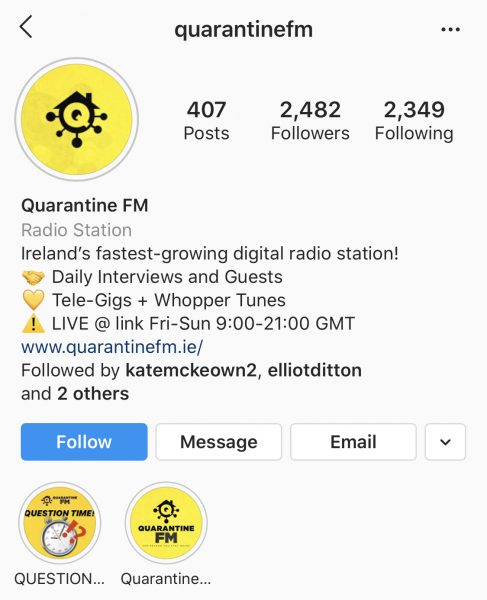
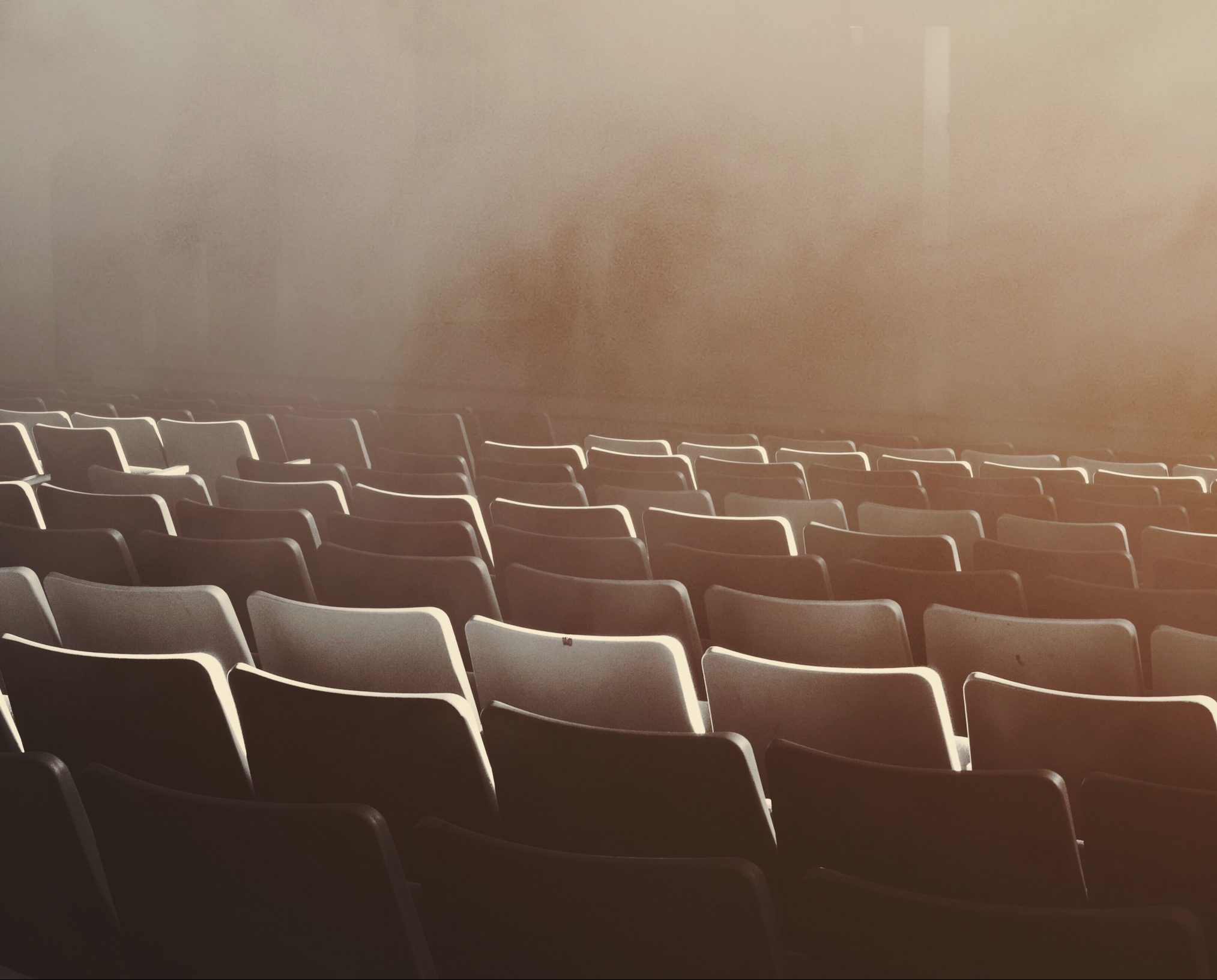

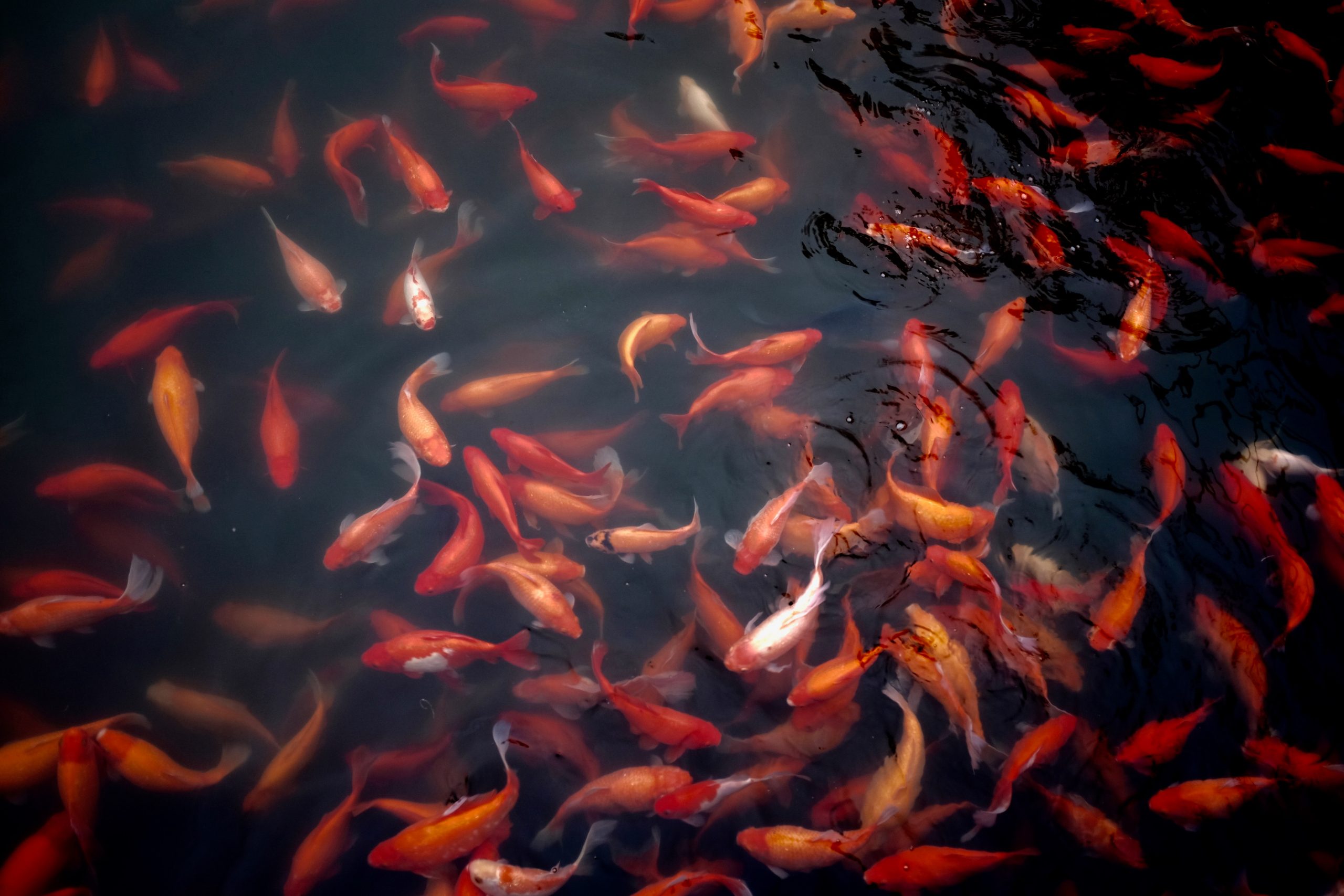
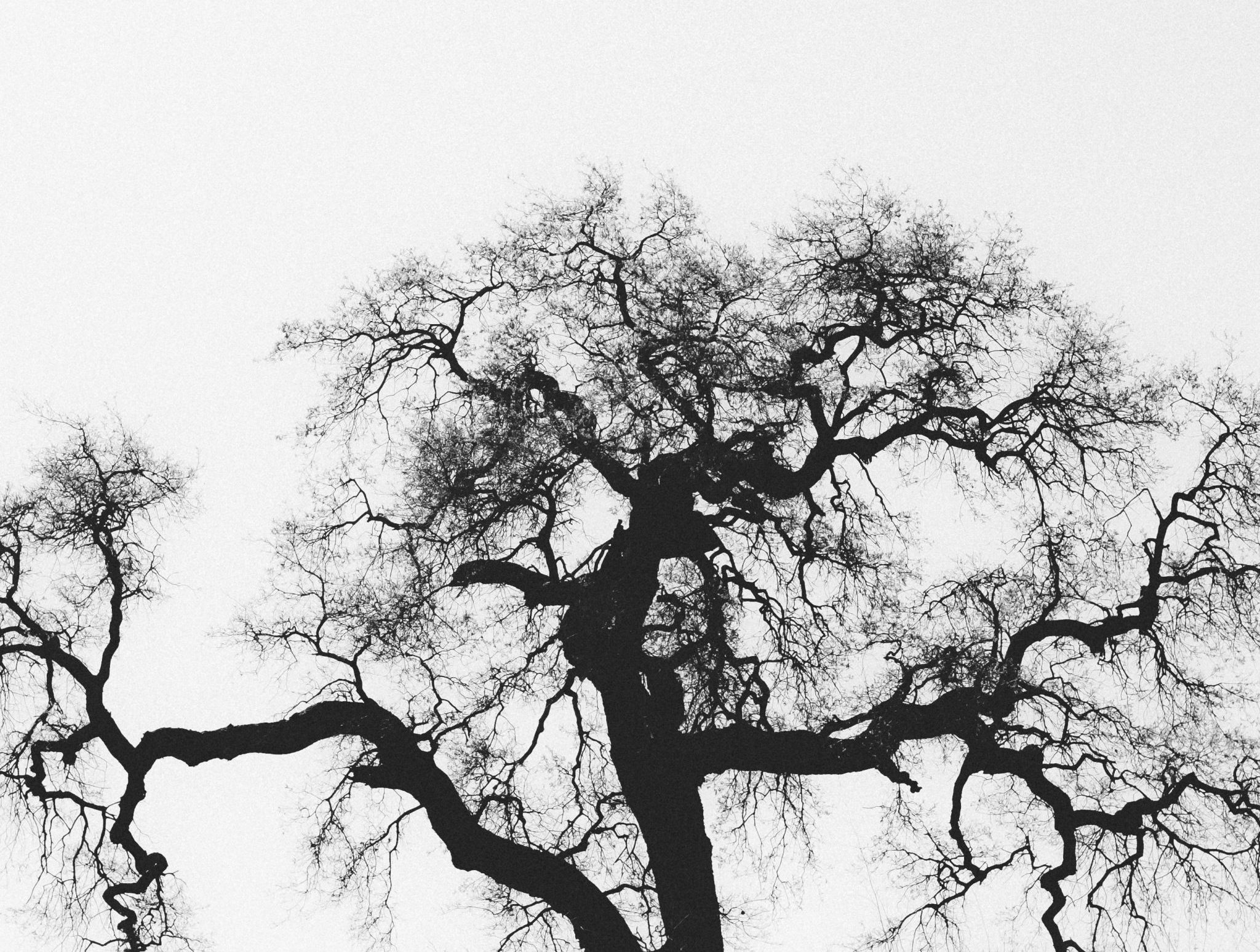
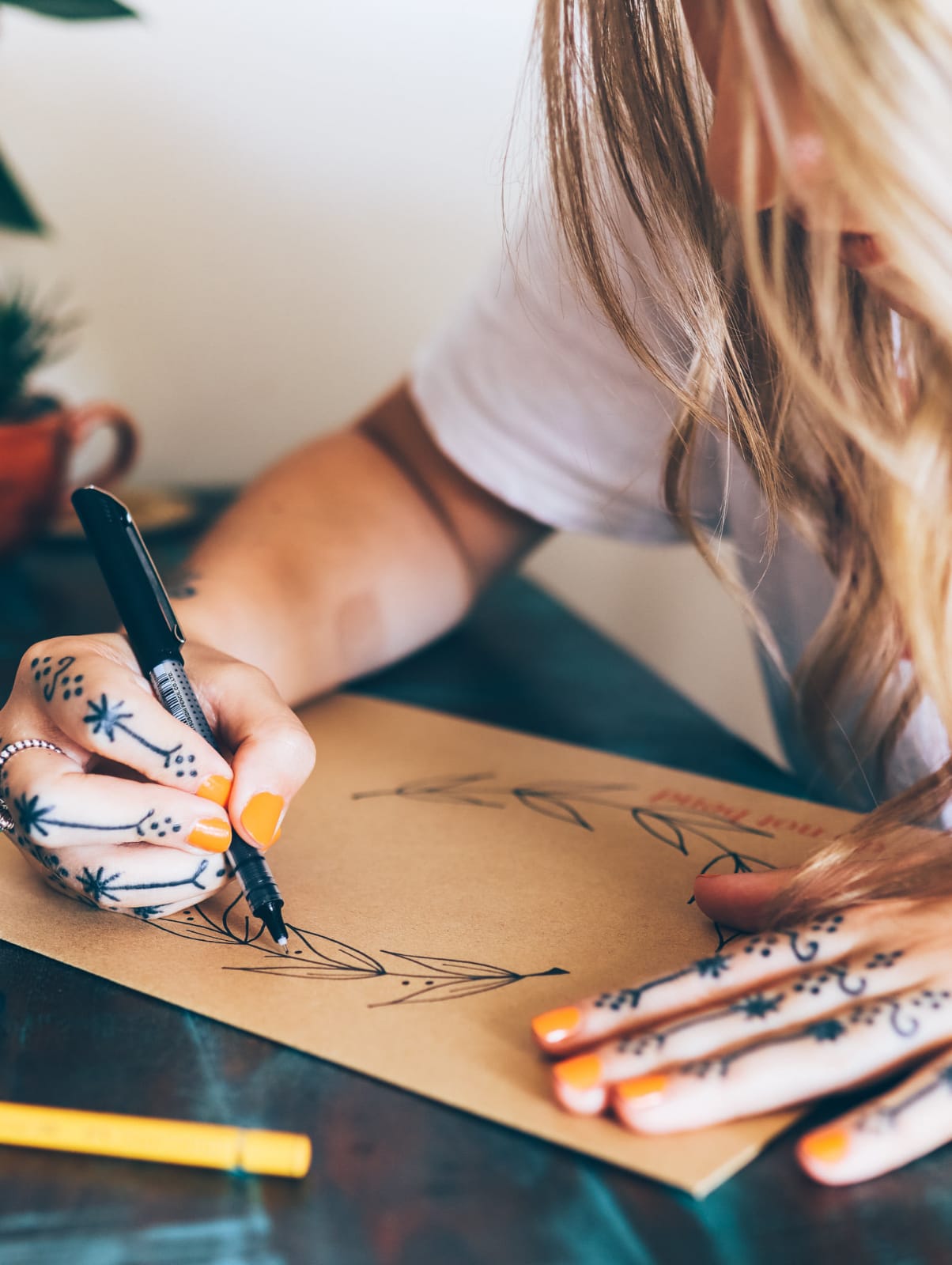
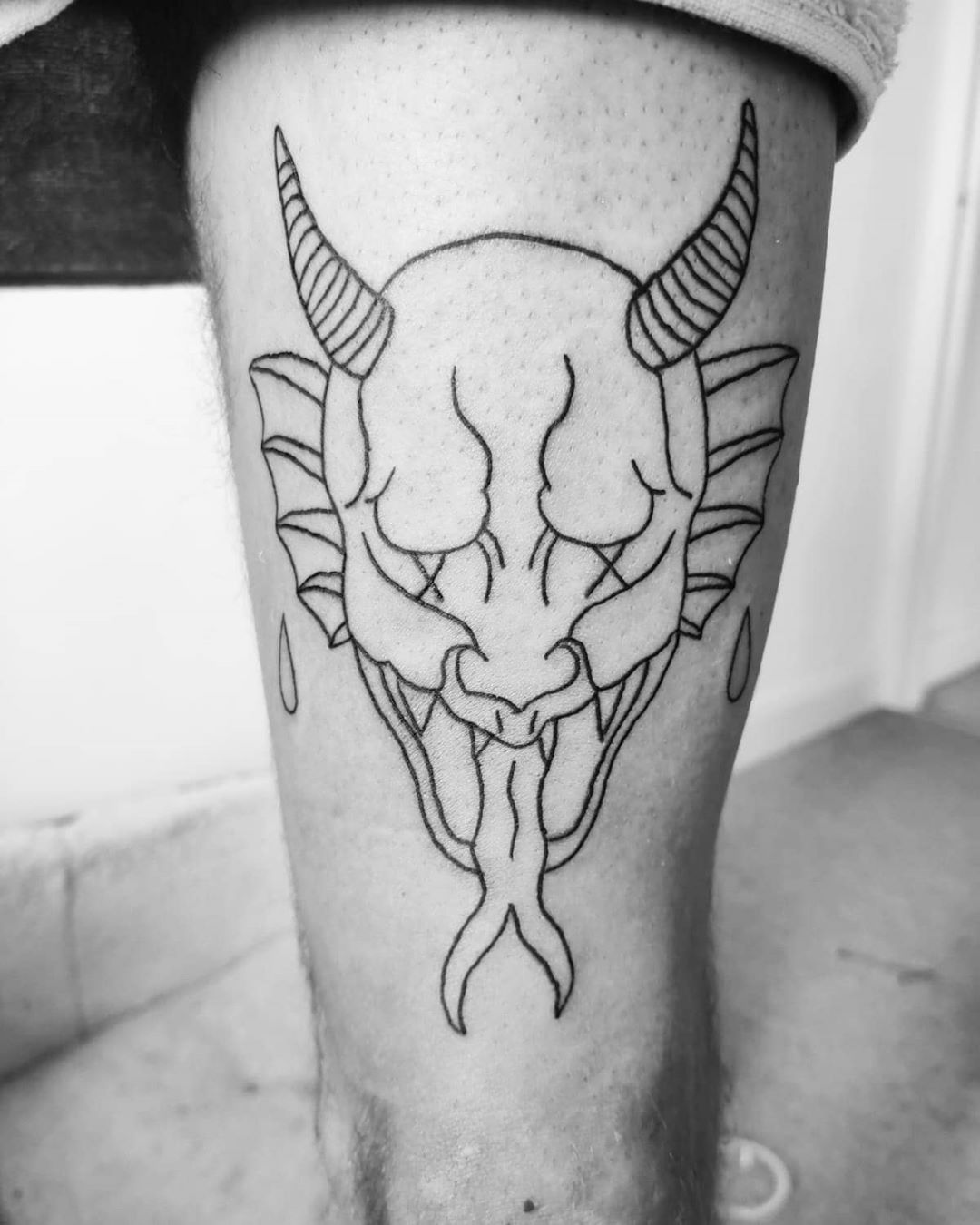
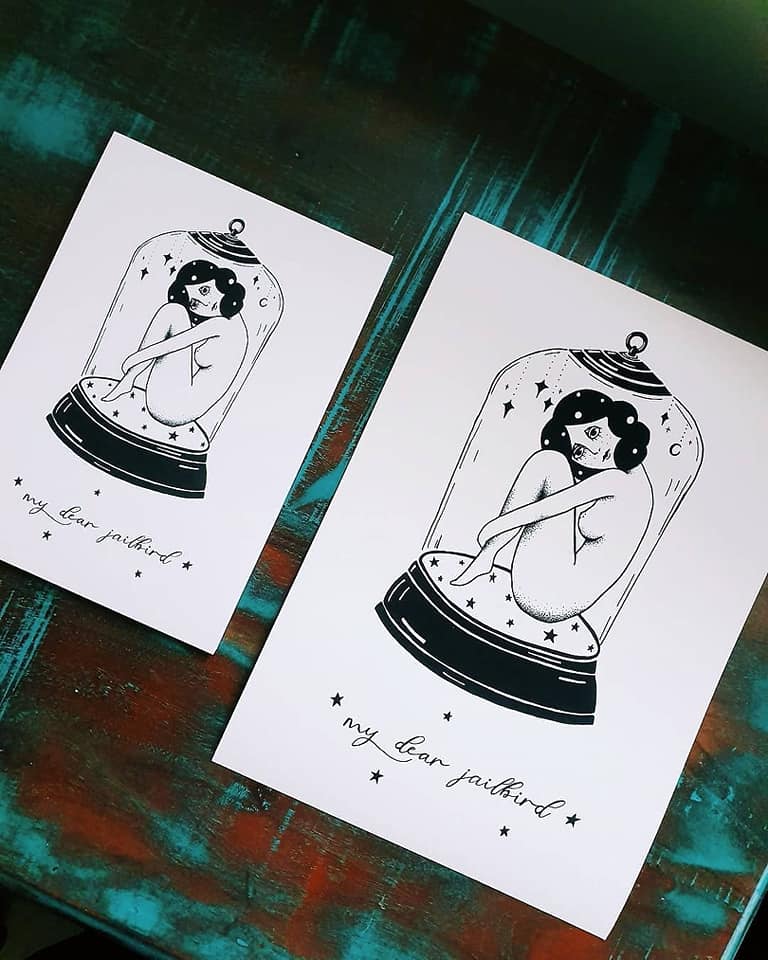
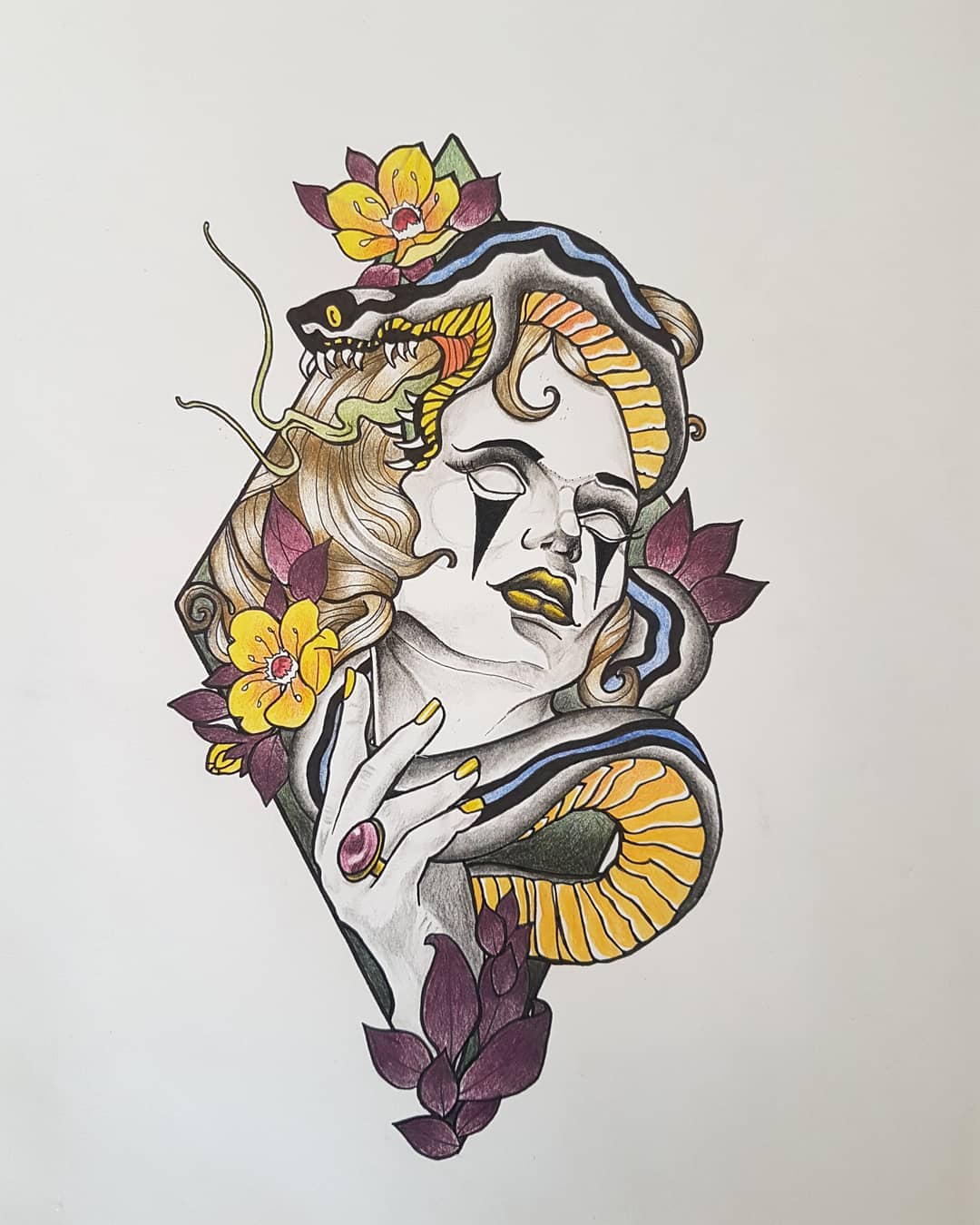



Recent Comments